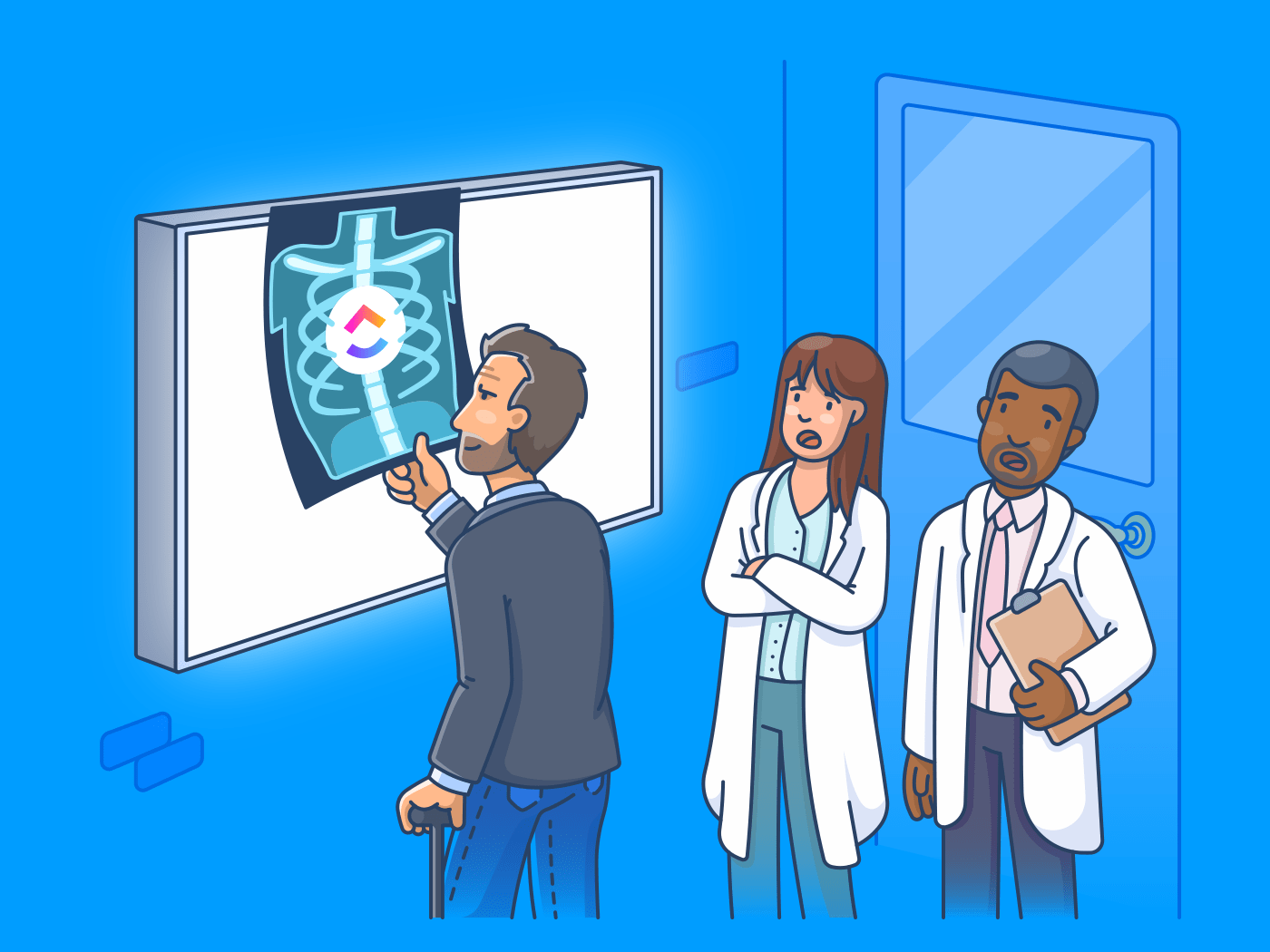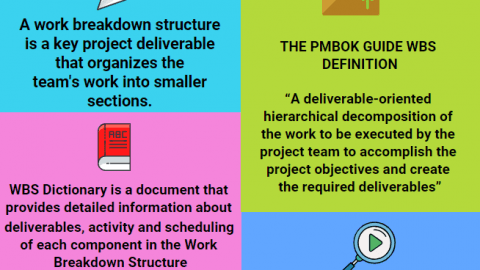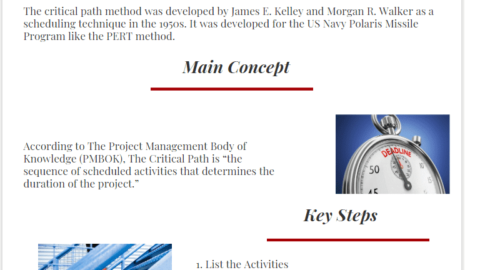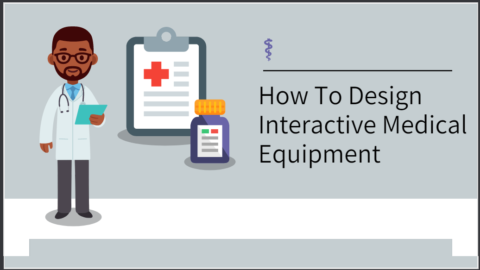Project Management in Healthcare: How Interconnected Are They?
The concept of project management in the healthcare sector encompasses the use of project management concepts, processes, and techniques to effectively strategize, implement, and oversee projects within the healthcare business. The process entails a methodical approach to commencing, strategizing, implementing, overseeing, and finalizing projects. And all aim at attaining distinct goals or results pertaining to the provision of healthcare projects such as healthcare app development, research endeavors, infrastructure advancement, or enhancement of processes.
Table of Contents
Healthcare projects include a range of endeavors within the healthcare business, including the implementation of novel healthcare systems, the development of medical equipment, the construction of healthcare facilities, and the initiation of public health programs. The use of project management concepts and practices is essential in the planning, execution, and monitoring of projects to guarantee their successful completion.
Is there project management in healthcare?
Yes, project management is an essential practice in healthcare. It involves applying project management principles, processes, and techniques to plan, execute, and oversee projects in the healthcare sector. This ensures effective implementation of healthcare initiatives, such as implementing new technologies, constructing healthcare facilities, or initiating public health programs.
What is the best project management style for healthcare?
There is no one-size-fits-all project management style for healthcare, as it depends on the specific project and organization. However, an adaptable and collaborative approach, such as Agile or Lean project management, can be effective in the dynamic and complex healthcare environment, allowing for flexibility and continuous improvement.
Complexity and Scale
Healthcare initiatives often exhibit a high degree of complexity and include a wide range of stakeholders, numerous procedures, and various teams. Project management methods are crucial in the effective administration of large projects. These techniques facilitate the process of breaking down the project into smaller, more manageable tasks. As well as coordinating the work of many persons or departments participating in the project.
Cost and Resource Management
The optimization of resource allocation and cost management in healthcare projects is contingent upon the implementation of effective project management strategies. Project management encompasses several activities such as budgeting, resource planning, procurement, and risk management. So, all of which are aimed at ensuring the successful delivery of projects within budgets and timeframes.
Quality and Patient Safety
The job of project management is crucial in guaranteeing quality and patient safety within the healthcare industry. Projects pertaining to the implementation of novel healthcare technology, the enhancement of clinical procedures. Or the improvement of patient care need meticulous planning, comprehensive risk evaluation, and stringent quality assurance protocols to guarantee results that are both safe and efficacious.
Research and Innovation via Project Management in Healthcare
The effective administration of projects plays a crucial role in facilitating research and fostering innovation within the healthcare sector. Structured project management procedures are necessary for projects including clinical trials, medical research investigations. Or, for the creation of innovative healthcare therapies. These approaches are essential to maintain scientific rigor, ethical concerns, and achieve effective results.
Case studies show that one area of innovation pertains to the field of healthcare app development. The term “healthcare app” pertains to the systematic development, construction, and implementation of mobile apps. Hence, these are especially custom for use within the healthcare sector. These applications cater to a range of healthcare requirements. Thus, including patient care, remote monitoring, health information administration, and medical education.
- Numerous healthcare applications facilitate the practice of remote patient monitoring.
These applications allow healthcare practitioners to gather contemporaneous patient data, including vital signs, symptoms, and medication adherence, with precision and efficiency. The integration of practice management software for healthcare further enhances these applications. Developers integrate various functionalities like as data synchronization, wearables integration, and alarms to enhance the process of remote monitoring and enhance the quality of patient care.
- Health Information Management (HIM) encompasses the use of healthcare applications that often include features. These capabilities may include functionalities such as the ability to schedule appointments, view medical records, get prescription reminders, or engage in telemedicine consultations. Developers are responsible for the design of resilient backend systems and the implementation of secure data storage mechanisms. So they try to facilitate the effective organization and retrieval of health-related data.

Important Steps for Utilizing Project Management in the Healthcare Sector
Scope and Target
The first phase of the project involves the establishment of the project’s boundaries, goals, and individuals or groups with a vested interest in its outcomes. The process encompasses the identification of the project’s need, the evaluation of its viability, and the acquisition of requisite authorizations and resources.
Planning
During the project planning phase, project managers develop a comprehensive project plan. This plan delineates several activities, their respective schedules, interdependencies, and the necessary resources. The project team formulates a project timeline, budget, and risk management strategy. Additionally, project roles and duties are defined, and communication and reporting methods are established.
Execution and Control When Using Project Management in Healthcare
In the phase of project execution, project managers are responsible for supervising the implementation of tasks, coordinating the project team members, and monitoring the progress made in accordance with the project plan. Project milestones are monitored, resources are managed, difficulties and hazards are addressed, and the project’s progress is ensured.
- The participation of stakeholders is of paramount importance in healthcare programs. Effective communication and collaboration with many stakeholders, including healthcare professionals, administrators, patients, regulators, and community representatives, is a crucial need for project managers. It is important for individuals to effectively handle the concerns of stakeholders, appropriately manage their expectations. And ensure that their actions are in sync with the goals of the project.
- Quality assurance in the healthcare industry is the responsibility of project managers to guarantee that projects are in compliance with established quality standards and regulatory mandates. The individuals involved in the project undertake the implementation of quality assurance procedures.
- Risk management is a crucial aspect of healthcare project management, since they often have intrinsic hazards including regulatory compliance, patient safety, and technology adoption. Project managers are responsible for the identification, evaluation, and mitigation of risks over the whole of a project’s lifespan. Risk management plans are formulated for monitoring. And then, risk mitigation methods reduce the potential influence on project results.
- Change management is a crucial aspect of healthcare initiatives. Since they can include substantial modifications to procedures, systems, or workflows. Project managers play a crucial role in the process of change management by actively involving stakeholders, effectively articulating the advantages of change, and proactively overcoming any opposition that may arise. Change management plans are developed by individuals. Or teams with the purpose of facilitating seamless transitions and optimizing user acceptance.
Evaluation and Closure
Upon the conclusion of a healthcare project management experience, project managers engage in the assessment of project results. They measure the success in relation to predetermined goals. Project closure is facilitated by the completion of documentation, the handover of project deliverables. And finally, the conduction of project evaluations aimed at identifying potential areas for improvement.
Writing, researching, and learning about project management and tech.











